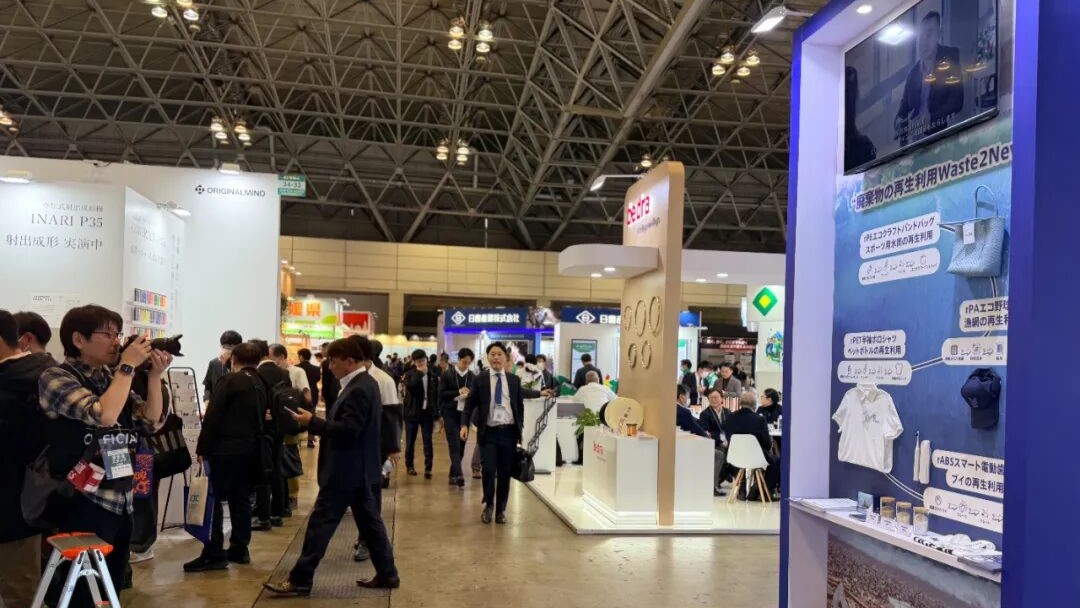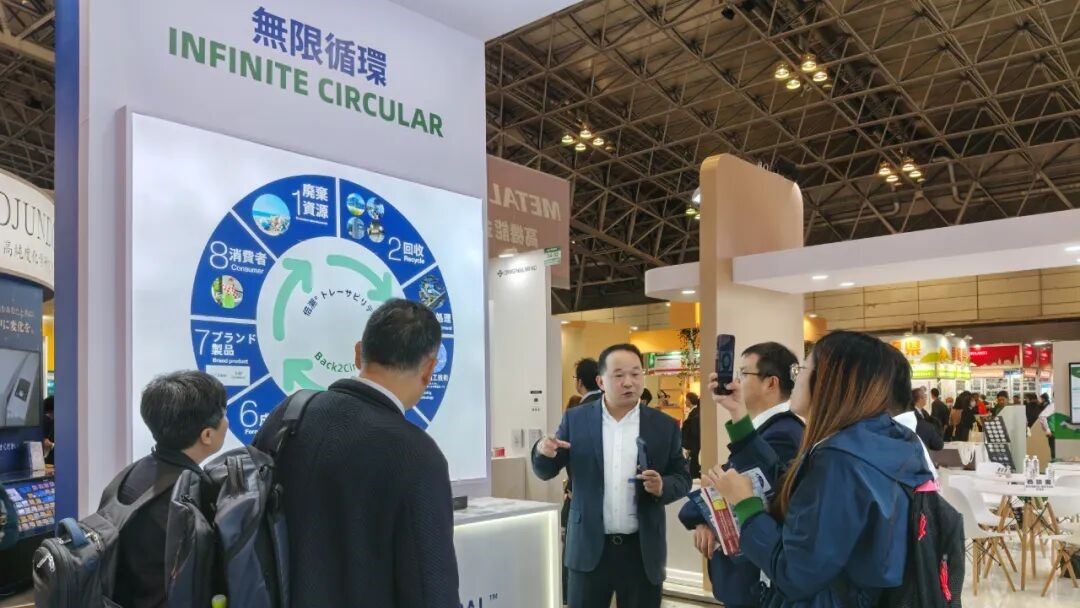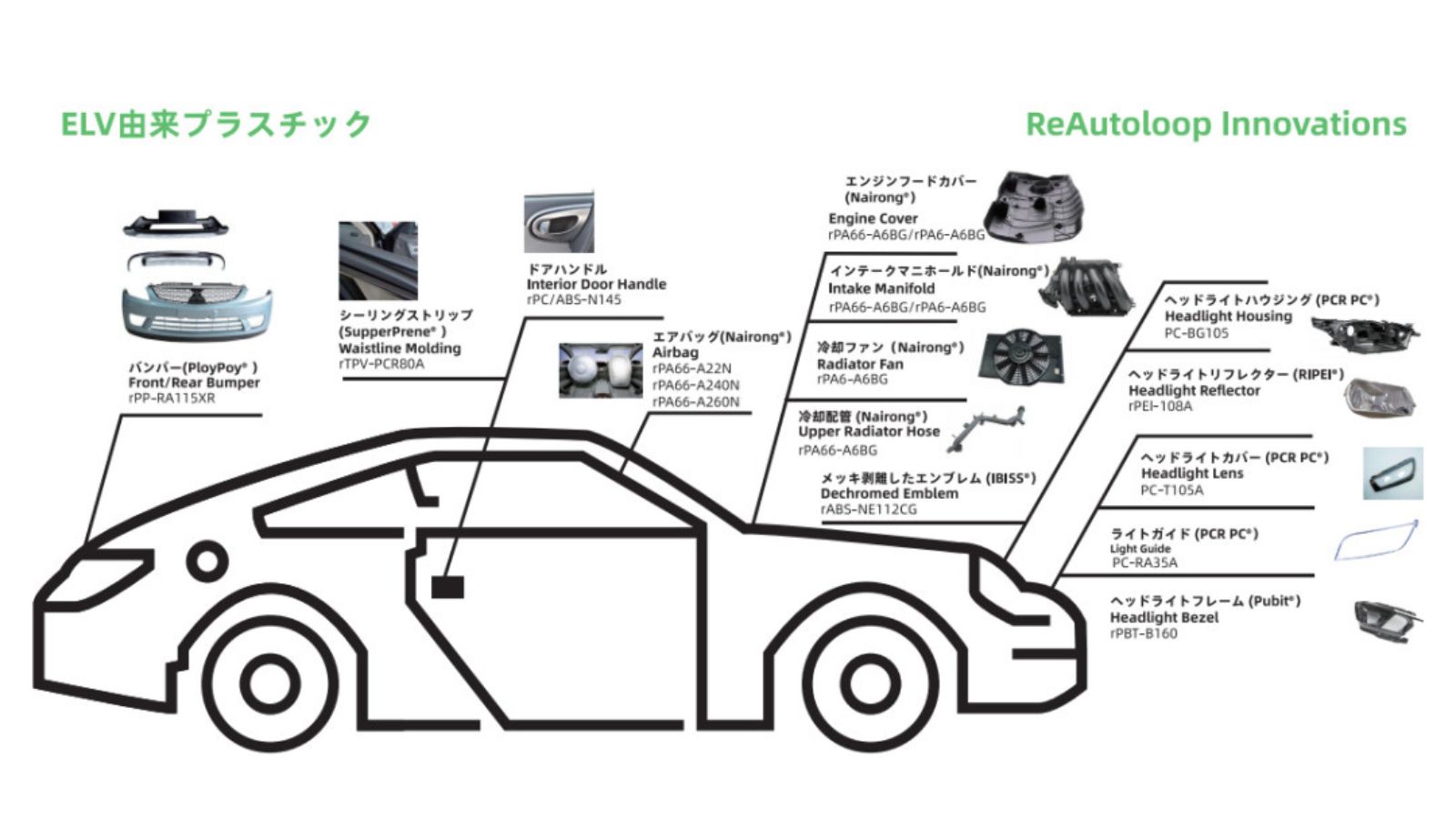At the recently concluded Tokyo High-Performance Plastics & Composites Exhibition, Ningbo Topcentral New Materials Co., Ltd. presented its “marine pollution management practice achievements,” which became a heartwarming and hopeful highlight of the event. Notably, this solution offers a feasible commercial pathway for Japan’s local industries, which face similar challenges in marine plastic waste treatment.
_1763717198_WNo_1080d1440.webp)
During the exhibition, the Topcentral® “Ocean Partner” display area attracted industry partners and experts from global marine nations such as China, Japan, South Korea, Southeast Asia, Europe, and North America. They showed great interest in how to transform collected marine plastics into high-value applications. Every maritime nation generates a substantial amount of marine plastic waste annually, with fishing nets and fishing gear accounting for a large proportion. Due to the lack of a mature commercial recycling network and business model, advanced processing technologies, high-value utilization methods, brand involvement, and consumer support, these potentially reusable wastes are often left untreated and disposed of directly. Topcentral® is committed to providing the industry with new solutions, new ideas, new technologies, new business models, and practical ecosystem innovations.
_1763717219_WNo_1080d1439.webp)
_1763717239_WNo_1080d810.webp)
Through physical exhibits, videos, and data, Topcentral® demonstrated the complete process—from marine waste collection and sorting, to deep cleaning and high-value regeneration. The marine recycled pellets showcased on-site exhibited pure color and uniform particle size. In terms of performance stability, some grades even surpassed comparable virgin materials, earning high recognition from industry professionals. Topcentral®’s technology opens up a new, replicable model for marine waste management, making environmental action a commercially sustainable force.
_1763717253_WNo_1080d661.webp)
Currently, Topcentral® has successfully applied marine recycled materials to multiple high-end sectors. At the booth, visitors saw baseball caps made from recycled fishing nets, automotive interior parts, clothing made from recycled water bottles, and electric toothbrushes made from floating buoys. These examples vividly demonstrated the commercial success of “turning waste into value.” “This technology not only addresses environmental problems, but more importantly, it creates economic value. Through high-value utilization, marine plastic recycling becomes an industry with commercial returns rather than a purely environmental investment—this is the key to true sustainability.”
This exhibition allowed Topcentral® to transform the global challenge of marine pollution into an opportunity for international industrial cooperation. Through the seamless integration of technological innovation and business models, Chinese enterprises are playing an increasingly important role in global environmental governance, providing a practical and effective “China solution” for building a marine plastic circular economy. As global attention to ocean protection continues to rise, this model—combining environmental responsibility with commercial value—will certainly inspire more countries and regions, jointly advancing the development of the blue economy and protecting our shared ocean home.
Discover this amazing content and share it with your network!

Topcentral® presents Oceancycle innovations, showcasing marine waste recycling, high-value regeneration technologies, and sustainable circular solutions demonstrated at the Tokyo High-Performance Plastics & Composites Exhibition.

Topcentral® shares its ecological innovation practices at the Tokyo High-Performance Plastics & Composites Exhibition, showcasing PCR technologies, circular solutions, blockchain traceability, and digital product passport applications for global sustainability and carbon neutrality.

Topcentral® (坚锋®) launches the ReAutoLoop Innovations project to advance global automotive recycling and plastic circularity through closed-loop systems, sustainable innovation, and international collaboration.

